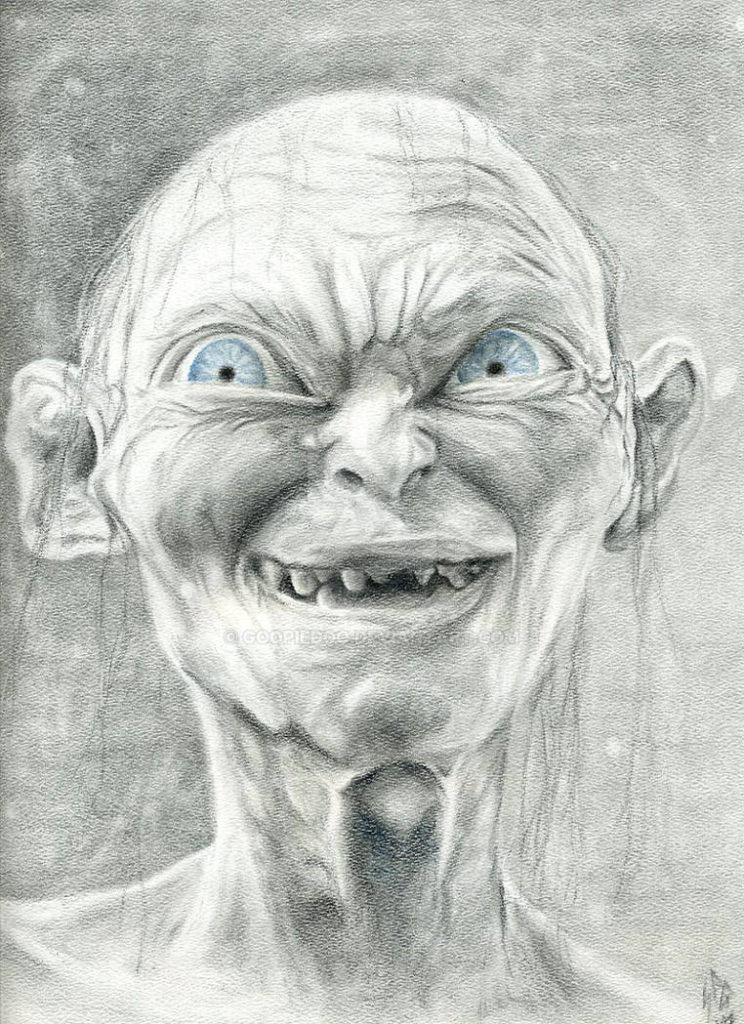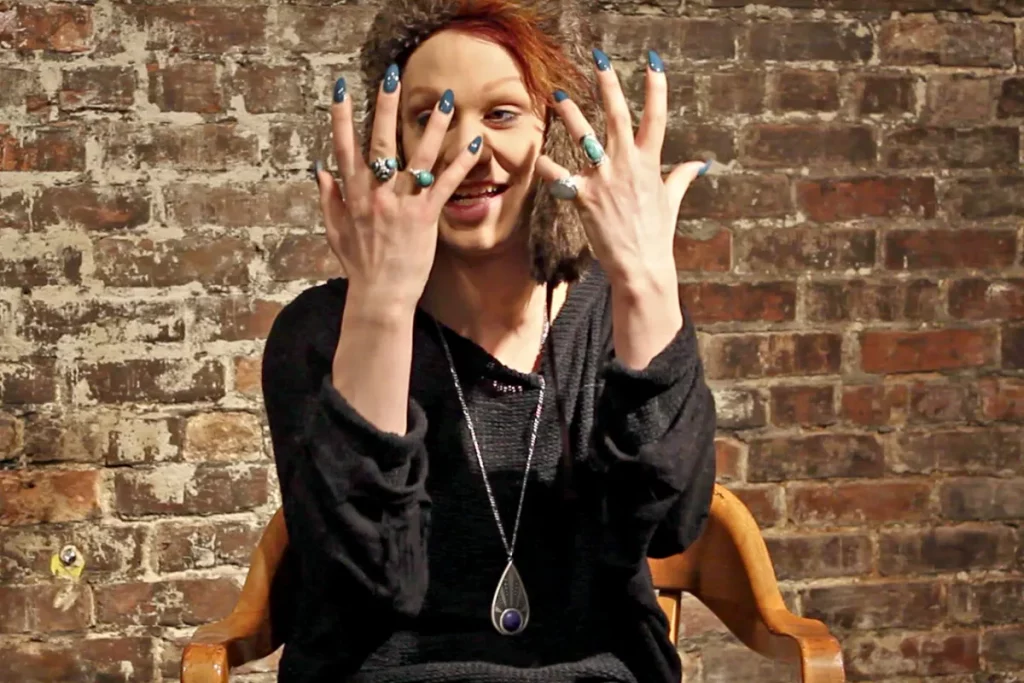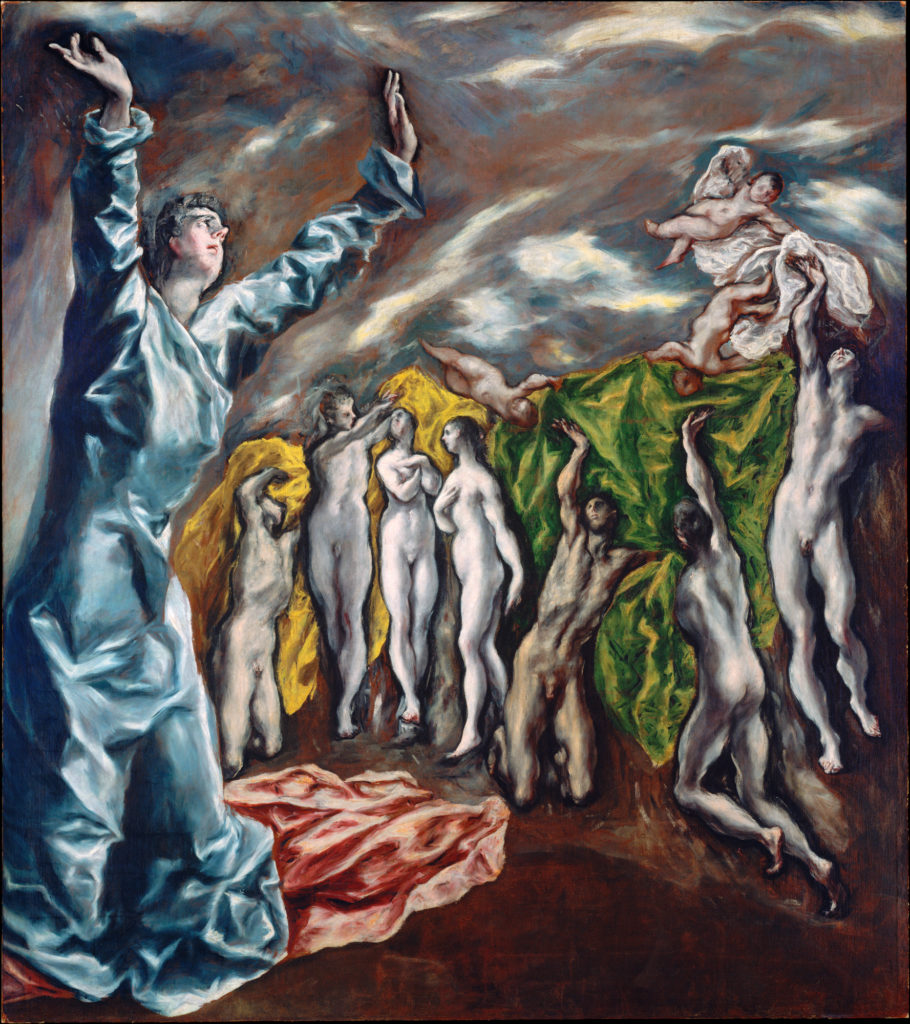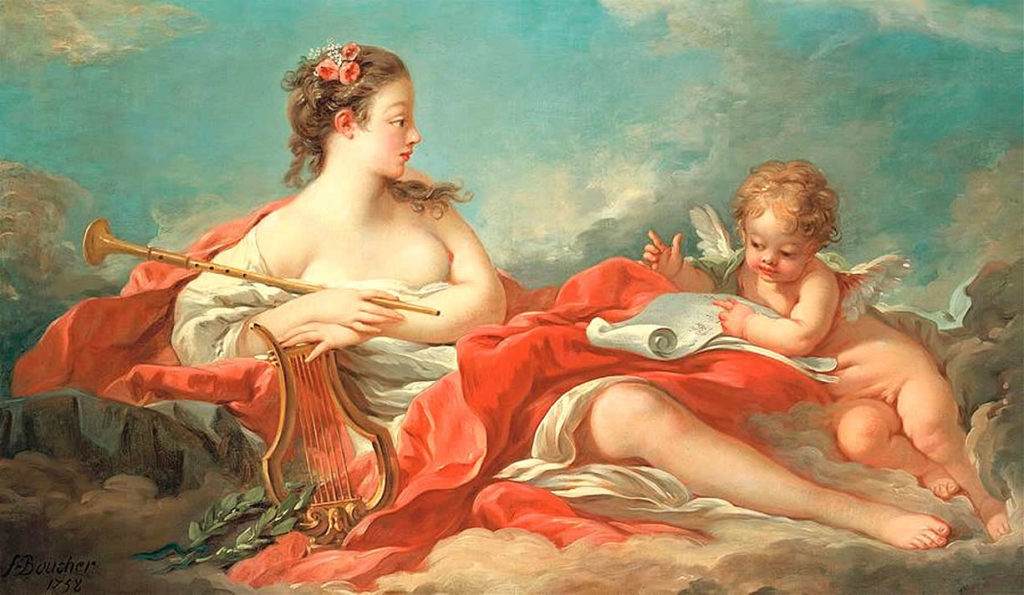
Why would I want to do that, you might ask. What harm is my ego doing? I’m not a narcissist or anything. I’m just a regular person and I need a little ego at least to keep some sense of pride. To understand why you might want to neutralize it, a clarification of its meaning might be in order.
What is the Ego?
There are quite a few unofficial definitions of ego. My home dictionary has five official ones while yourdictionary.com offers the best 19 ones. I don’t want to be redundant or split hairs to get this term understood well enough for the point of this post.
Here are several to mention which can suffice. The most common might be the “I” or self. It would be the being who declares, “I think; therefore I am.” The definition from the field of psychoanalysis is the part of the mind that is consciously aware of the material world and which mediates between the id and the superego. Philosophy defines it as the enduring and conscious element that knows experience.
There’s a spiritual slant on ego, however, that is presented to us by Eastern religions. I found this excerpt in a wonderful blog post from a website called Mind Valley. “Spiritually, ego is the veil of individual personality that bars you from having a universal existence.” The article goes on to say it’s ego that causes us to “get the perception of separation from other beings, the universe, and God. Also, this separation by ego is the root cause of all sufferings in the world.” This is the aspect of ego which makes it necessary to be neutralized.
Why It Has to Be Neutralized
The separation obsessed ego is the being’s own worst enemy. So caught up in being a virtual island, it perceives others as a threat, their goals as contrary to their own, and their actions as working against them. Obviously, it’s not how most of us are consciously thinking as we walk around every day. These thoughts and attitudes are very basic and buried. But let’s face it, we think of ourselves as separate, destined to die alone even if surrounded by loved ones to the end. That final journey into the unknown must be walked in solitude. Or does it?
One of the best teachers on the subject of the ego may be Eckhart Tolle. His insights about ego strike at the heart of its existence and self-importance. I share with you now a few I’ve selected.
“The ego itself is that dysfunctional way in which the mind works.”
“There is no ego apart from thoughts, the identification with thoughts is ego.”
“The identification with thinking becomes ego. Which means simply that you believe in every thought that arises and you derive your sense of who you are from what your mind is telling you who you are.”
“The ego has all kinds of ideas of what it wants to be because it wants to have a better image of itself.”
Consciousness has nothing to do with ego. It’s being, not thinking about being or whatever it thinks about. Those thoughts are made to prop up our individuated sense of self, which is a complete illusion based on such things as confusion and fear.
What to Do About It
To paraphrase Paul Simon, there must be 50 ways to leave your ego. I don’t wish to evangelize here because there are probably numerous valid paths to freedom from the ego. I will instead offer insights that come from an assortment of people wiser than me. Tolle is one and this quote rings true for me. “The ego cannot dissolve itself but in the light of awareness it dissolves.” Increasing awareness can be accomplished through some time-tested methods. Meditation would be one of those. Deep prayer in which the focus is on simply being is another.
Returning to being childlike, your natural self before all kinds of artificial aspects of personality were added, can free you of egoic mechanisms.

Communication is an excellent elixir for mental and spiritual ailments. This could be in the form of a therapy routine with a professional, but just being part of a group that gathers and discusses ego might yield results. Communication with yourself through journaling about your ego could bring insights and increased awareness of your own behaviors. The important factor in all this is honesty. Facing the ego and your many foibles requires being real. The ego is cunning and you can delude yourself into thinking you’re dismantling the ego when you’re actually reconstructing it.
Make it Simple
If a self-improvement technique is getting complicated or convoluted, there’s probably ego involved. Keeping the ego neutralization simple is important. So, I reiterate some of the pointers I’ve mentioned here. Be rather than think. Be as a child. Practice honesty. There’s one other thing I read in my research of this subject that should be touched upon. Transcend the ego. Don’t try to crush it. We can’t undo it with a sweep of the hand. Patiently work on it. Humbly acknowledge it. With effective techniques, gradually rise above it to find the real you. Free of ego.
One parting quote from Tolle: “Don’t take the ego too seriously. When you detect egoic behavior in yourself, smile. At times you may even laugh.”



